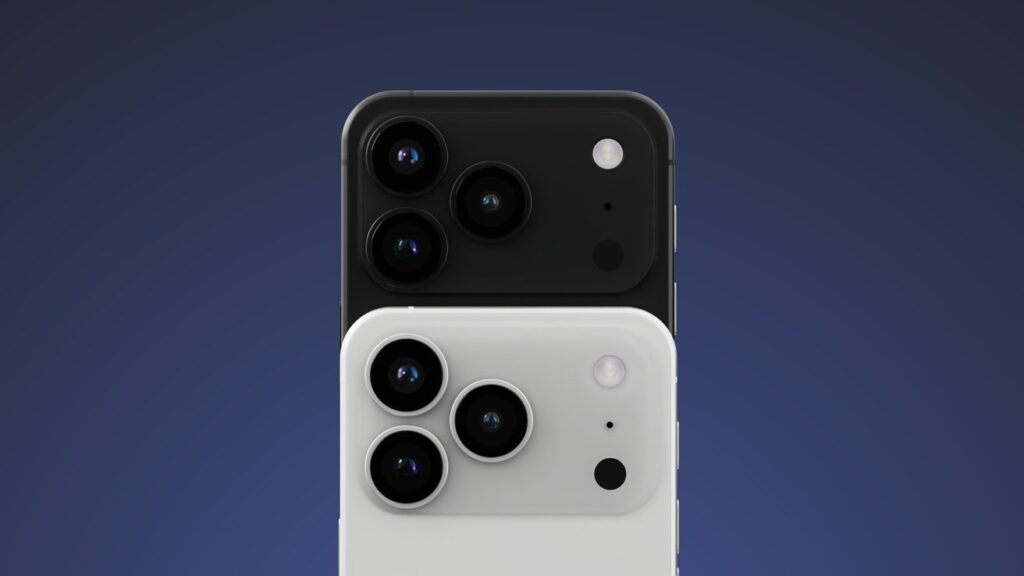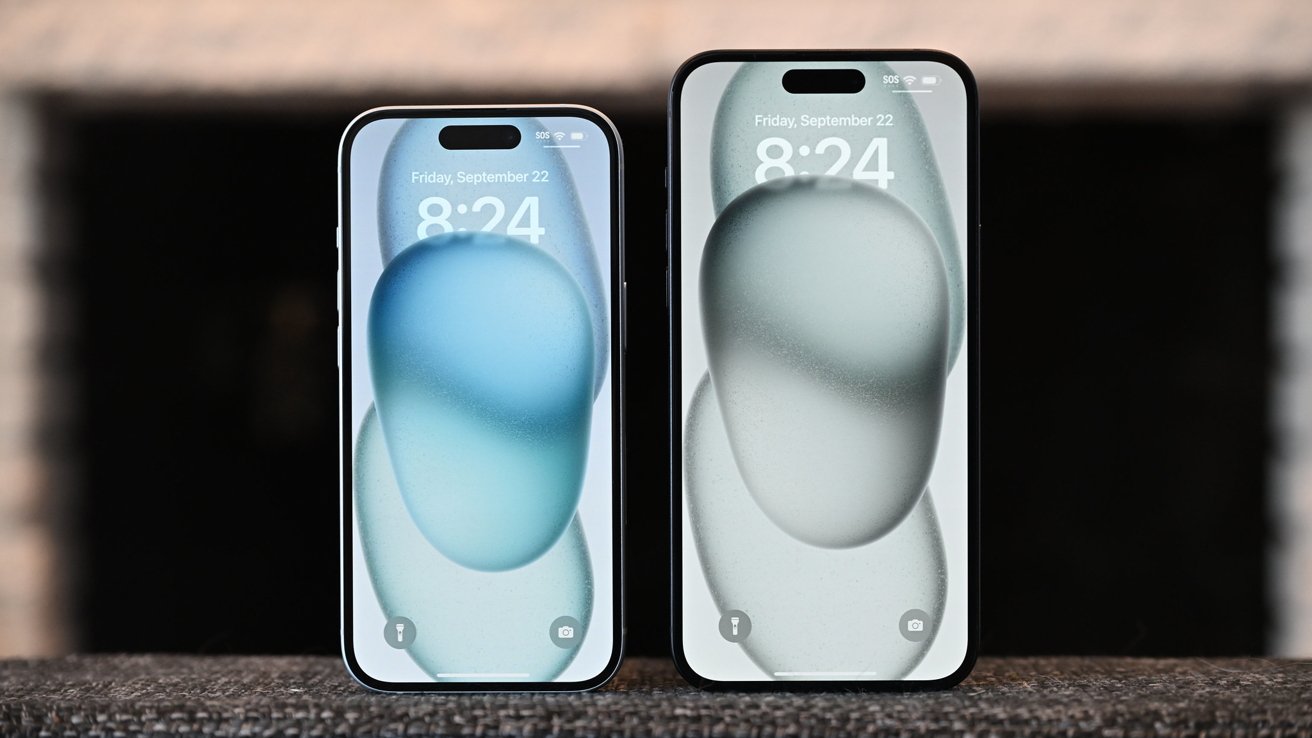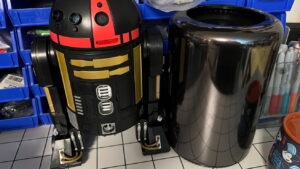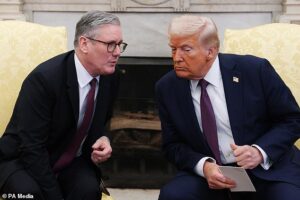
Apple is giving BOE Technology the green light to produce iPhone 17 Pro displays for China’s market.
BOE has long supplied panels for lower-tier iPhone models but struggled to qualify for Apple’s premium Pro-level screens. The new approval signals progress in BOE’s technology and manufacturing quality.
The approval covers only units for China’s domestic market, according to industry analyst Jukan Choi. Choi reported the news on X on July 9.
BOE is also expected to receive approval for its display module mass production qualification as early as July. Apple is working to diversify its supply chain strategy to reduce dependence on South Korean suppliers.
These include Samsung Display and LG Display. BOE is China’s largest OLED display supplier.
APPLE APPROVES BOE’S DISPLAY PANEL MASS PRODUCTION QUALIFICATION FOR IPHONE 17 PRO SERIES LIMITED TO CHINA DOMESTIC MARKET
DISPLAY MODULE MASS PRODUCTION QUALIFICATION ALSO EXPECTED TO BE APPROVED IN JULY— Jukan Choi (@Jukanlosreve) July 9, 2025
Strategic importance for Apple and BOE
The move is important for Apple’s supply chain strategy as it hedges against geopolitical tensions and trade restrictions. By localizing some iPhone production in China, Apple can better meet local regulatory expectations.
China is one of Apple’s biggest markets. Working with a domestic supplier may strengthen its position with government agencies and consumers.
For BOE, the approval is a breakthrough. It has invested heavily in advanced display panels to match the quality of Samsung and LG.
Winning Apple’s confidence, even for China-only models, builds BOE’s credibility as a supplier. It could help BOE compete for more Apple business in the future, including international iPhone models.
The two companies have recently had a rocky relationship. In May 2022, Apple removed BOE from the iPhone 13 supply chain after finding unauthorized design changes.
BOE had widened the circuit width of thin-film transistors without Apple’s approval to address yield problems. Apple ordered production to stop immediately. Since then, BOE has worked to rebuild trust through better quality control and more stable production.
Industry analysts see the OLED display move as part of Apple’s deliberate effort to maintain a multi-vendor approach. Apple is known for pushing suppliers to compete on price and quality.
Adding BOE as an approved OLED display supplier increases Apple’s leverage in negotiations with Samsung and LG.
Competitive pressures in the display market
Samsung Display and LG Display have been Apple’s primary suppliers for high-end OLED panels. These panels use LTPO technology to enable features such as ProMotion. Samsung remains the leader in OLED production capacity and yield.
BOE has faced delays and yield problems in past qualification attempts for Pro-level panels. It has succeeded mainly with standard OLEDs for lower-cost iPhones and replacement screens.

dding BOE as an approved OLED display supplier increases Apple’s leverage
Its approval for iPhone 17 Pro panels suggests its technology has improved enough to meet Apple’s stricter requirements for the China market.
BOE’s local production could also help Apple manage costs. Domestic manufacturing avoids some import tariffs and reduces supply chain complexity. Analysts say Apple’s multi-vendor strategy lowers production risks and improves pricing competition among suppliers.
What comes next for production and supply
Apple typically ramps up large-scale iPhone production in China in late summer to meet a September launch schedule. Timing is critical for qualifying display suppliers to ensure there is enough panel supply.
If BOE’s display module mass production qualification is approved in July, it will strengthen its role in Apple’s supply chain for the iPhone 17 Pro in China. For now, there is no indication that Apple plans to use BOE’s Pro-level panels for international models.





